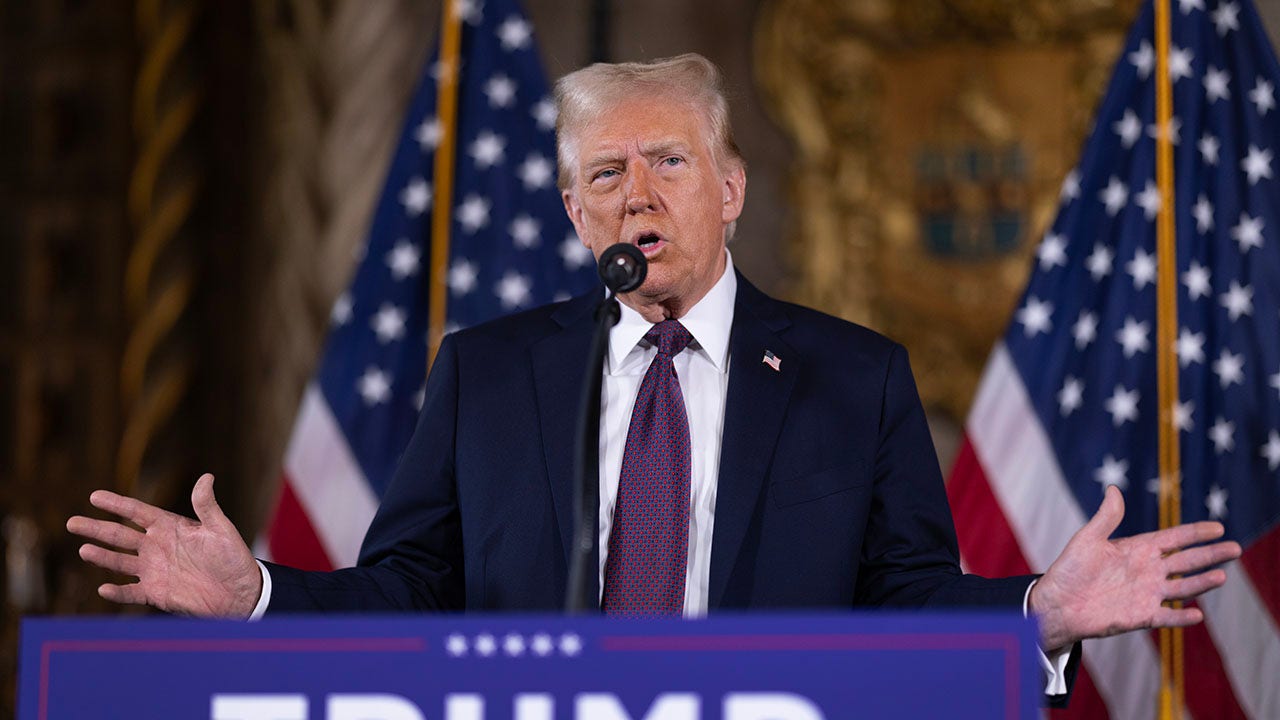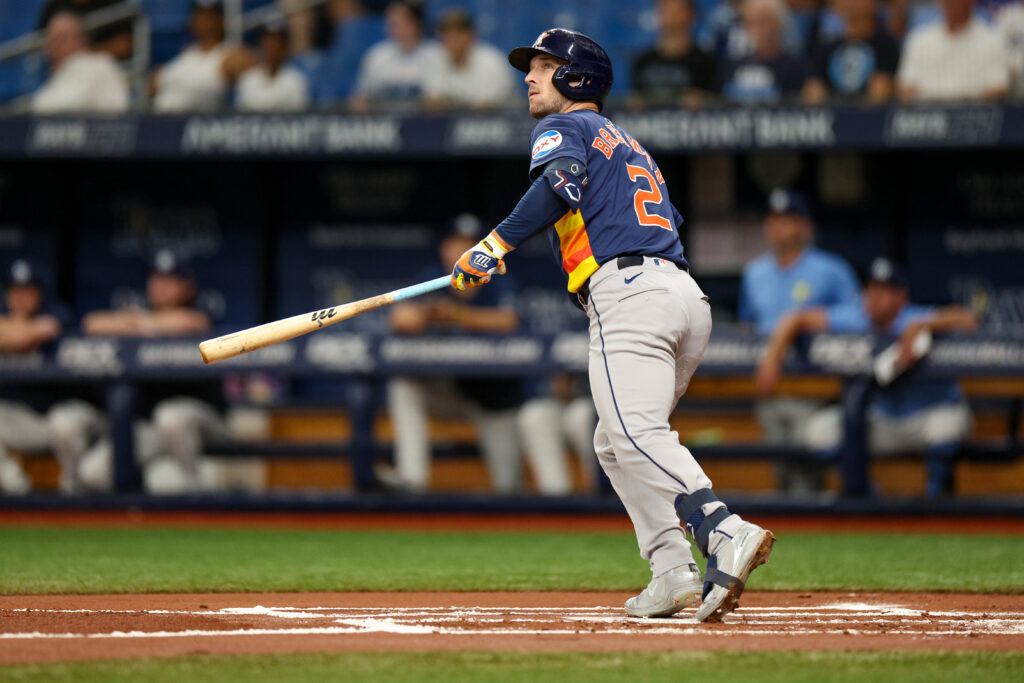Jake Birtwhistle went seven years without a real winter, until 2020 hit.
Key points:
- The IOC has revealed the first version of a ‘playbook’ that explains how they will be keeping athletes, officials and locals safe from COVID
- Australian athletes are still preparing for the Games as the IOC insists the Tokyo Olympics will go on
- But there are questions around whether they should be happening at all in a country that’s recording thousands of COVID cases a day
As a triathlete, he usually spends the middle of the year training with a group of world champions in Europe.
He has won Commonwealth Games medals, gold at the World Triathlon Series and had his sights set on the 2020 Tokyo Olympics.
So he wasn’t expecting to spend most of the year back home in Tasmania, training solo.
“That was a bit of a shock to the system, after European summers and Australian summers every year,” Mr Birtwhistle said.
“It’s the longest I’ve been home for many years.”
The Olympic Games were postponed until July 2021, a date that’s fast approaching for the athletes who plan to be there.
Jake Birtwhistle has been training to a plan set by his overseas coach, but without any fellow athletes.
“To go from having that level of competition every single day for every session to then having just myself and my own thoughts to push me along makes it really challenging,” he said.
“But it’s definitely a skill that you can learn.”
Part of the challenge is remaining positive, as rumours swirl about the Games being cancelled.
“I still have to commit 100 per cent towards Tokyo Olympics as if it’s going to happen, and if I get the news that it’s not going ahead then I’ll deal with that at the time,” Mr Birtwhistle said.
First ‘playbook’ revealed
Japan is going through a third wave of coronavirus infections, with thousands of new cases being recorded each day.
Japanese Prime Minister Yoshihide Suga and the International Olympic Committee (IOC) have been hosing down reports the Games will be called off.
“They should go ahead, the Games, and they will go ahead,” said John Coates, vice-president of the IOC.
“They’ve always been subject to the safety of the athletes and the Japanese people, but where those of us from the Olympic movement are concerned, we have to provide and keep that Olympic dream alive for all of our athletes.”
The IOC has now revealed the first version of a “playbook” for international sporting federations — effectively a plan for how it will try to keep athletes, officials and locals safe from coronavirus.
A decision on whether there will be spectators at the Olympics is expected in April.
Athletes will be required to wear a mask unless they are eating, sleeping or outdoors, and organisers are encouraging people to clap, but not chant or sing when supporting competitors.
Mr Coates said athletes would need to be tested 72 hours before departing their home country, then again on arrival and then every four days.
They will not have to quarantine in hotels, but will only be allowed in the Olympic Village five days before their event and will need to go home within two days of their competition finishing.
“They’ll be limited to just the Olympic Village, the transport from the village to their own (event) venue, the Olympic Stadium for the opening ceremony, and that’s it — they won’t be going downtown and we’ll have social distancing in the Village,” Mr Coates said.
“And the World Health Organization, the Japan health authorities, they’ve been part and privy to these decisions all the way through.
“We are being responsible, and if there was ever a question of putting the safety of athletes at risk, then we wouldn’t do it.”
Jake Birtwhistle said it was tough to know whether Japan would be safe, but believed he was in good hands with the Australian Olympic Committee and IOC.
“It’s a massive dream,” Mr Birtwhistle said.
“Tokyo is going to be my first Olympic Games and it’s something I’ve been striving for since I was a kid, basically as long as I can remember.”
‘It does not seem to make any public health sense’
Professor Mike Toole, an epidemiologist with the Burnet Institute, said that based on the current situation in Japan, it was “very unlikely that it could be a successful and safe Olympics”.
Professor Toole said he was concerned about Japan’s high case numbers, low testing rate, restrictions that relied on voluntary behaviour, and a slow vaccine rollout.
“(The athletes) are coming from 206 different countries, many of them are very poor countries that don’t have high test rates,” Mr Toole said.
“The worst thing (would be) a combination of all those people arriving from 200 countries, some of them already infected, and some then get infected when they arrive.
“If the government allows spectators into the stadiums then you could have mass superspreading events between the spectators, the volunteers, the volunteers and the athletes, the athletes and the officials.”
Professor Toole said there was also the potential for a global surge in cases.
While the IOC has said there will be social distancing at the Olympic Village, Professor Toole said that would be impossible during many sports and events.
“It just does not seem to make any public health sense to go ahead with these Games as they’re scheduled in July,” he said.
“Perhaps postponing the Games may give all of us, including Japan, time to vaccinate our whole populations.”
Most Australian athletes will be included in the fourth phase of the vaccine rollout, expected in late May or June.
But the IOC won’t make vaccines compulsory, and other countries will be at different stages of their rollouts.
Mr Coates said the Games could not be postponed.
“To postpone the Games by one year, we had to re-secure 43 Olympic venues,” Mr Coates said.
“The Olympic village is a complex that’ll be sold as apartments afterwards, 11 different developers are involved. We had to negotiate with them for a one-year-later occupation.”
Mr Coates said the broadcast centre also had bookings for 2022, and the IOC already had to move reservations at 70 hotels.
Javelin champion on track for second Games
Kelsey-Lee Barber has had her sights on the Tokyo Olympics for a long time.
The javelin thrower went to the 2016 Rio Games, but her campaign for a medal was thwarted by a stress fracture just months before the event. She finished 28th in qualifying.
“It really flipped my world upside down,” Ms Barber said.
“Having had that performance in Rio really set a fire in my belly to come back out and show the world what I can do at an Olympic Games because I feel like I fell so short of my mark… and that’s where Tokyo comes in.”
Barber won gold at the 2019 World Athletic Championships and was on track for a 2020 Olympics performance when the Games were postponed.
She admits the period since then has been challenging, but ultimately, it’s been “great preparation”.
“My body’s the best it’s ever been, as strong as I’ve ever been and now it’s just a matter of putting the pieces together with getting back into competitions.”
Olympics to be ‘a pale imitation’
Broadcaster Tim Lane has covered five Olympics: Los Angeles in 1984, Seoul in 1988, Barcelona in 1992, Atlanta in 1996 and Sydney in 2000, when he famously called Cathy Freeman’s 400 metre victory.
“The Olympic Games are the greatest show on earth,” he said.
“At their best, they are the greatest event, given their breadth of reach around the globe that we experience. I think it’s the best event that humanity puts on for itself.”
But he said 2021 would be a very different Olympics.
“So much of it is about the sport but there is another component altogether, about the world assembling in one city, and it brings a tremendous atmosphere,” Mr Lane said.
“This will be, certainly, a pale imitation if it happens.
“Just how pale, I guess, remains to be seen. And I’d love to be proven wrong.”
Kelsey-Lee Barber knows a COVID-safe Games will be very different to the Games she experienced in 2016.
“As athletes, (we) have to embrace that that’s what the Olympics is going to be this year,” she said.
She isn’t paying attention to speculation about whether the Games will go ahead.
“At the moment the Games are going ahead and my goal is an Olympic gold medal at the Games, and it is until it isn’t.”






